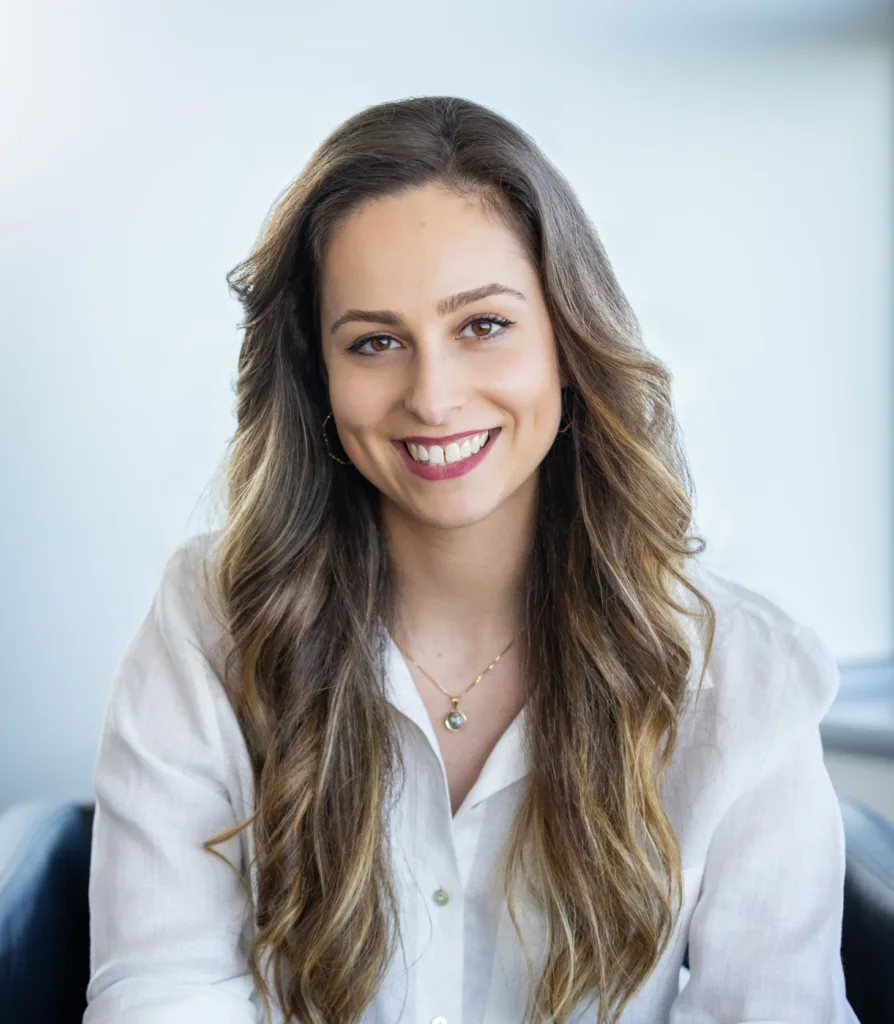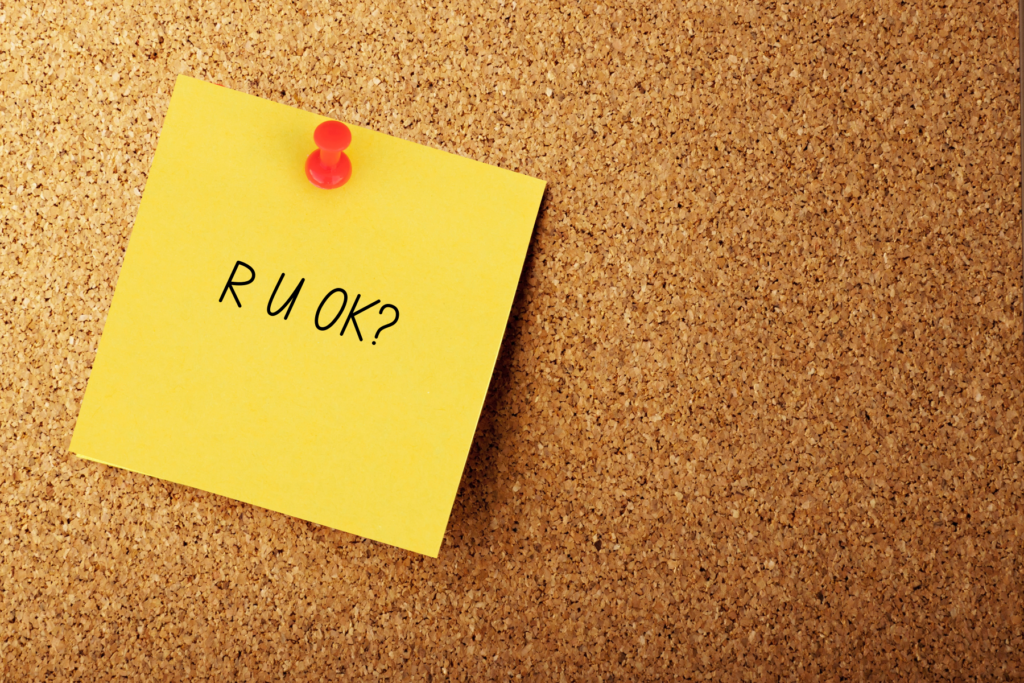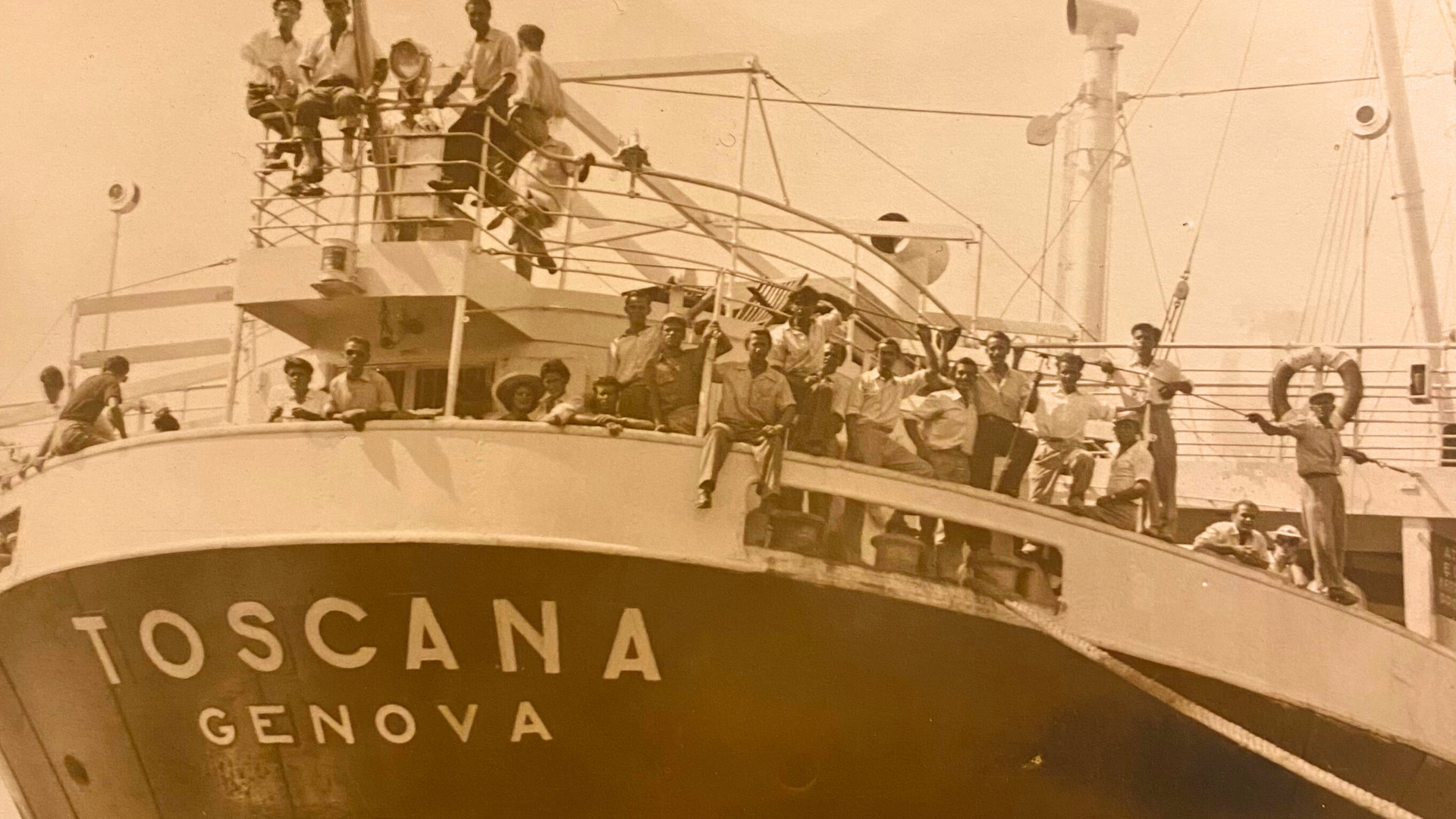R U OK? Day is held annually on the second Thursday of September and falls on September 11 this year. The simple question “R U OK?” can often result in the knee-jerk response “I’m fine.” However, this day invites Australians to check in on those around them and to go deeper than that surface level reply.
R U OK? is an Australian national suicide prevention charity founded in 2009 by Gavin Larkin in honour of his father who died by suicide. The charity promotes mental health awareness and empowers individuals to support each other.
As part of the mental health discussions arising from R U OK? Day, The Greek Herald spoke with clinical psychologist and author of The Dopamine Brain, Dr Anastasia Hronis. Dr Hronis shared her insights into the current state of mental health across Australia, and within the Greek Australian community.
“Rising rates of mental health concerns include increased anxiety, depression, stress and burnout,” she explained. “The younger generation are facing increasing concerns relating to screens [and] social media… Society is becoming more and more disconnected, and rates of loneliness are on the rise.”
Dr Hronis also sees this loneliness affecting elderly Greeks who have lost connection with their communities.
Discussions of mental health and emotions have long been a taboo topic in Greek culture. Dr Hronis told The Greek Herald, “I believe there is still some stigma within our community when it comes to understanding mental health and accessing mental health support.”
She also acknowledges the progress made in this area “towards a greater openness to mental health challenges” and sees how “younger Greek Australians have certainly been active in redefining these conversations”.
For Greek Australians to understand their own mental health, they can look inwards at their family journeys and histories to see how their emotional lives have been shaped.

Many Greek Australian families stem from migrants who arrived in the 1950-60s and endured the struggles of entering a new land with little to no understanding of English and a pressure to assimilate. Some were welcomed by family at the port while others arrived and settled alone in Australia.
“Many Greek migrants arrived in Australia after enduring severe hardships,” Dr Hronis noted. “These hardships led to considerable psychological distress in the first generation, including feelings of insecurity, anxiety, and grief; their struggles were often unspoken but present within family dynamics.”
People in today’s Australian Greek community may not consider how the traumatic experiences of first-generation migrants play a role in their own mental health struggles.
Indeed, discussions regarding the mental health of Greek migrants at the time of immigrating are prevalent, as it is generally understood that migration is a time of emotional turmoil. In this way, conversations involving mental health seem to halt at the emotional upheaval of migrating, and instead focus on the migrant’s success in later life; how they eventually settled in Australia, found work and raised families. There is often little consideration of the implications for the next generations of families raised by migrants who held the trauma of migrating.
Today, some third-generation Greek Australian youth are speaking openly about their mental health and are beginning to break generational cycles of trauma.
23-year-old Katerina G is in her final year of a Master of Social Work at the University of Melbourne. She spoke to The Greek Herald about her perceptions of how younger Greek generations understand their mental health, and how gender roles within the Greek community have formulated the stigma that exists around seeking mental health care.
“Within Greek culture the idea of gender roles is quite prevalent. Men having to be the provider of the family and then having to stay strong and not discuss their emotions… It perpetuates this idea that men don’t have mental health concerns…” Katerina said.
“Having assigned gender roles within our community doesn’t allow people to really express themselves if they are struggling. And that’s for both men and women. I think it’s definitely gotten better intergenerationally, but I do still see that stigma being applied in the older generations.”

Katerina unpacked how the expectations of these gender roles have been instilled in some Greeks from childhood.
“I think that from a young age seeing how your father or grandfather has handled their own mental health, or not handled it, kind of puts you into this role that you also take on: That you need to be the provider, that you need to be the one who has got it all together,” she explained.
Considering her own generation of Greeks in their twenties, she has seen many adopt this role. “But they don’t realise that they don’t have to. We are in a more culturally diverse society than we were… 30 years ago. People do have more options.”
R U OK? Day is an entry point to having those harder conversations and supporting those close to us by listening. Katerina told The Greek Herald, “You don’t have to… be in the mental health sector to understand if people are struggling. You might not necessarily know how to address it but there are signs and symptoms that you can look out for without feeling like you need to… change them for the better. Change starts with yourself at the end of the day, you can’t force someone to change.”
With the cultural stigma around mental health discussions, seeking out mental health care can be a daunting, yet rewarding, step. Dr Hronis recommends “seeking out clinicians who have an understanding of the Greek culture… It is important that when seeking out mental health support, that culture is a factor that is understood and incorporated into the recovery process.”
In a Greek community where emotions are often dismissed, asking someone “R U OK?” this Thursday could be the start of a life-changing conversation.
R U OK? offers a plethora of resources on their website to assist those in need and their content is available in Greek: https://www.ruok.org.au/greek.
